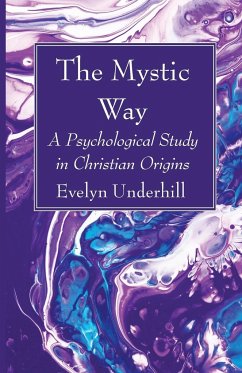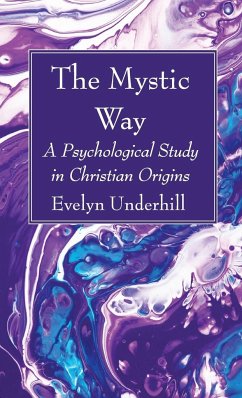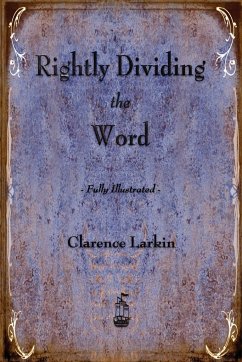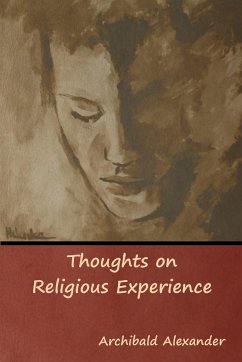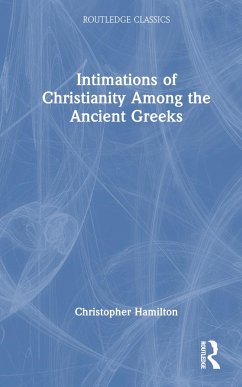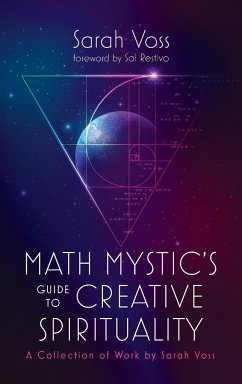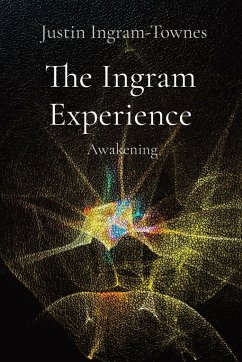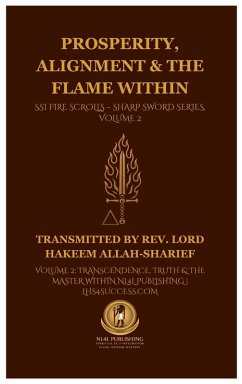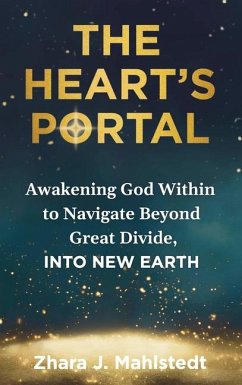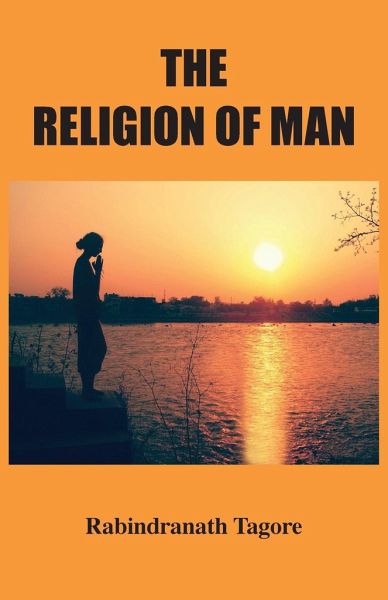
The Religion of Man
Versandkostenfrei!
Versandfertig in 1-2 Wochen
15,99 €
inkl. MwSt.
Weitere Ausgaben:

PAYBACK Punkte
8 °P sammeln!
The title leads one to believe that this may be just another boring book about our religions—but the author presents us with an entirely new religion that will make more sense to many readers than any of the religions that we have today. Tagore was a man of great wisdom who won the Nobel Prize for Literature in 1913 and was one of India’s greatest poets. His personal mystical experiences, rather than any philosophical reasoning, led him to the Religion of Man, as he terms it. The God of this religion is an Eternal Spirit of unity that can be found within the heart of every person rather th...
The title leads one to believe that this may be just another boring book about our religions—but the author presents us with an entirely new religion that will make more sense to many readers than any of the religions that we have today. Tagore was a man of great wisdom who won the Nobel Prize for Literature in 1913 and was one of India’s greatest poets. His personal mystical experiences, rather than any philosophical reasoning, led him to the Religion of Man, as he terms it. The God of this religion is an Eternal Spirit of unity that can be found within the heart of every person rather than in the sky. Each person is on a path to discover our unity with one another so that we may one day be released from the idea of division and separateness, which results in war and hatred. Ultimate truth can be realized by anyone who learns how to listen and tap into an inner source of divine wisdom. This power of realization can be enhanced through involvement with symbols, ceremonies, art, nature, literature, myths and legends. There is only one commandment in this religion, which is to spread this Divine Truth to others through words and deeds. This book has the power to open one’s mind into a new and different level of meaningful consciousness, having been written by a gifted mystic who knew how to communicate on this level to others.






